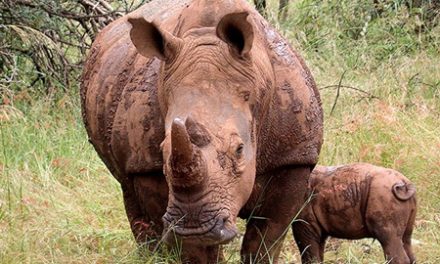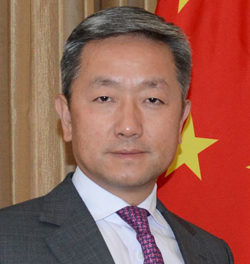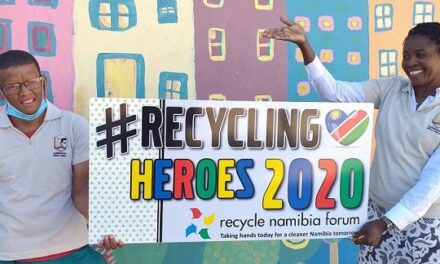
National Ozone Unit and Customs Twinning workshop and border dialogue kicks off

Representatives from various Southern African nations are currently convening in Namibia for the National Ozone Unit and Customs Twinning Workshop and Border Dialogue. The primary aim of this meeting is to discuss effective ways of controlling the trade of ozone-depleting substances.
Speaking at the opening of the workshop Wednesday, Verna Sinimbo, Deputy Minister of Industrialization and Trade said, the joint border dialogue is to strengthen cooperation between customs departments from the countries in monitoring trade of ozone-depleting substances.
“This comes in light of the challenges that we are currently facing at our shared border posts in controlling and monitoring Ozone Depleting Substances as well as challenges with the different Ozone Depleting Substances legislation and Licensing and Quota systems that need harmonization where possible,” she said.
The dialogue’s emphasis will be on discussing practical ways in which the National Ozone Unit and customs can collaborate to address these issues. Sinimbo pointed out that seizures of hydrochlorofluorocarbons continue to occur globally, making the trade in these chemicals a critical issue.
“It remains an obligation at the national level to capacitate and build awareness of customs officers as far as ozone-depleting substances control is concerned,” she emphasized.
The joint customs training between borders allows for knowledge sharing in Ozone Depleting Substances control, including trade between the countries while the platform also allows for countries to harmonize their policies on the control of substances under the Montreal Protocol, she added.
The Montreal Protocol, established 36 years ago, was a response to the revelation that substances like chloro-fluoro-carbons were depleting the ozone layer, potentially leading to harmful effects such as skin cancers, eye cataracts, a weakened immune system, poor crop quality, and material degradation due to increased ultraviolet radiation exposure.












































